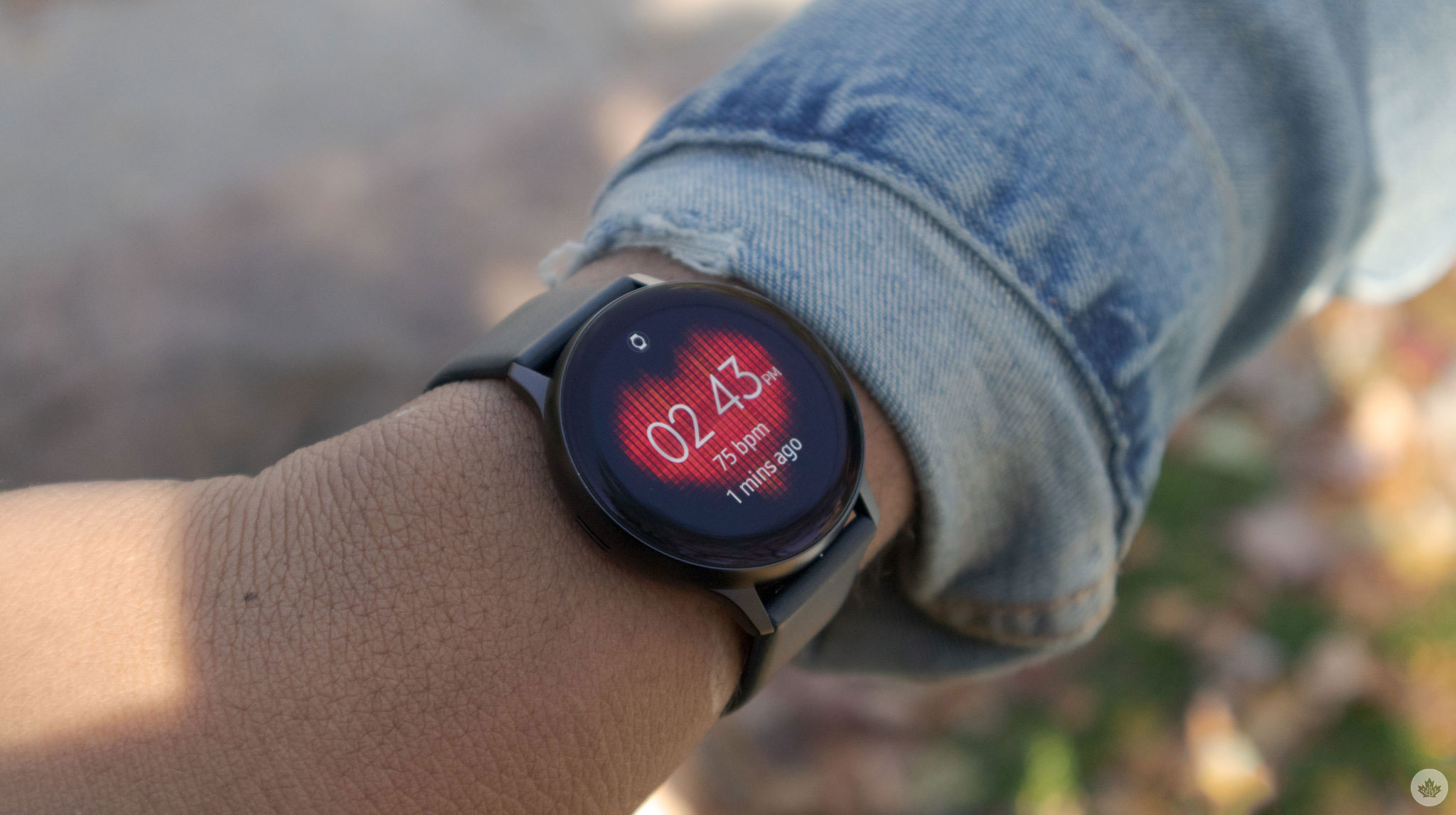
A new University of Toronto research suggests that people with dark skin colours might have been getting wrong heart rate readings from their wearables all along.
According to the UofT study, the light you see on the rear of wearables is the culprit. Traditional wearables measure your heart rate by beaming light through your wrist and observing how much of it is absorbed. A high rate of absorption signals high blood flow, and vice versa.
The reasoning behind this procedure not functioning optimally for people with darker skins is because of the presence of melanin in higher quantities.
Melanin is a naturally occurring chemical in the body, and it is responsible for determining your skin and hair colour. Coincidentally, Melanin is also a very effective absorbent of light, and that’s how it messes up the wearable’s heart readings.
“People need to be aware that there are some limitations for people with darker skin tones when using these devices, and the results should be taken with a grain of salt,” said Dr. Daniel Koerber, the research co-lead author, in a statement. “Algorithms are often developed in homogeneous white populations, which may lead to results that are not as generalizable as we would like. Ongoing research and development of these devices should emphasize the inclusion of populations of all skin tones so that the developed algorithms can best accommodate for variations in innate skin light absorption.”
This data comes from over 622 other published studies and four of which found that heart rate readings were “significantly less accurate” in dark skin individuals when compared to their light skin counterparts.
According to Koerber, algorithms for tracking heart rate in wearables are generally “developed in homogeneous white populations,” which also contributes to the inaccuracies when said wearables are used by those with dark skin.
The findings of the study will be presented at the American College of Cardiology’s Annual Scientific Session in April. Learn more about the study here.
Via: CTV News


